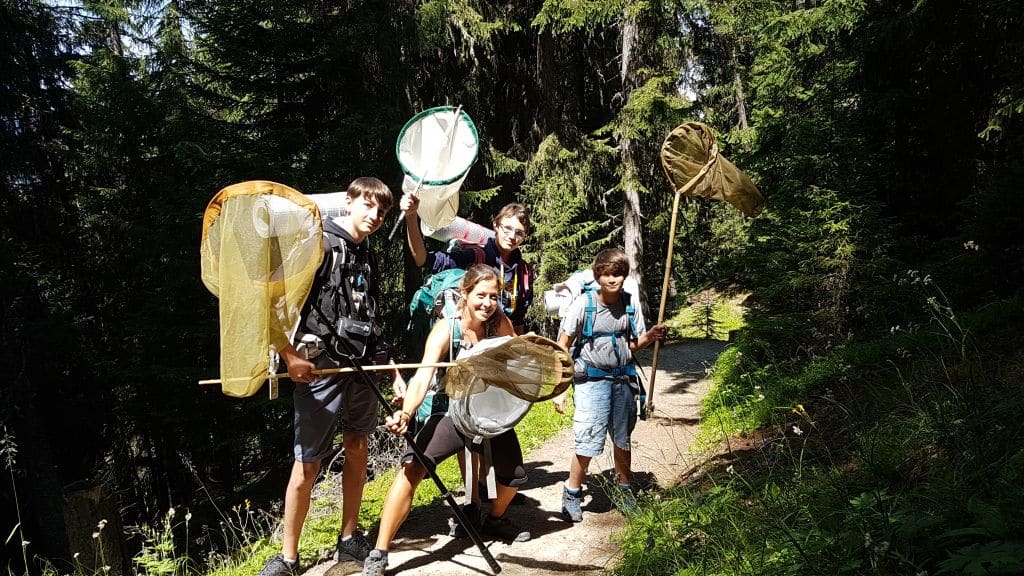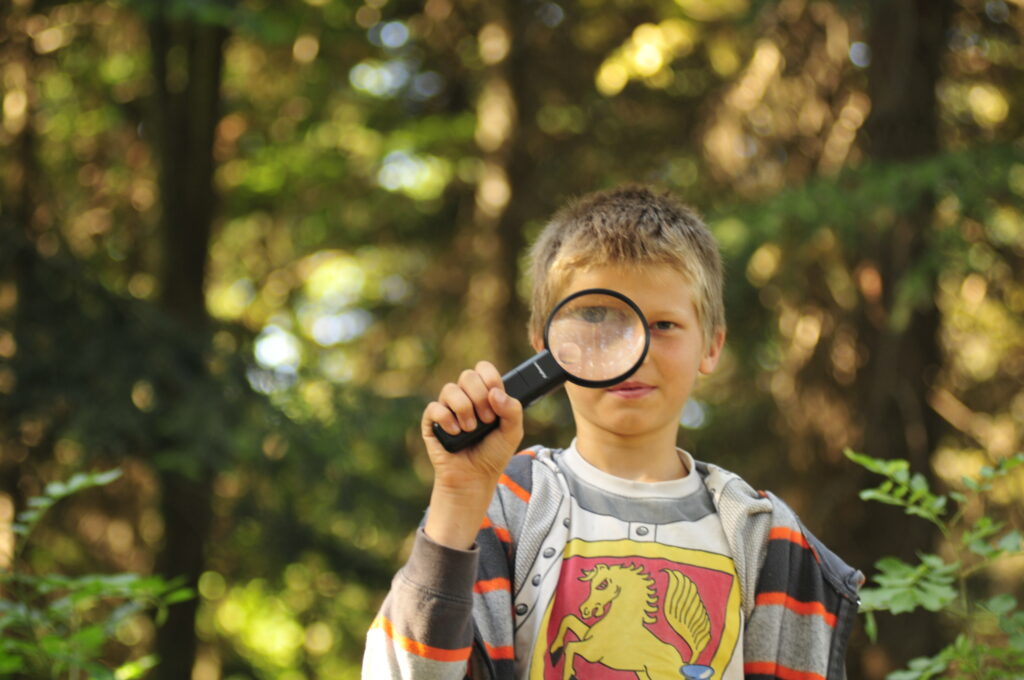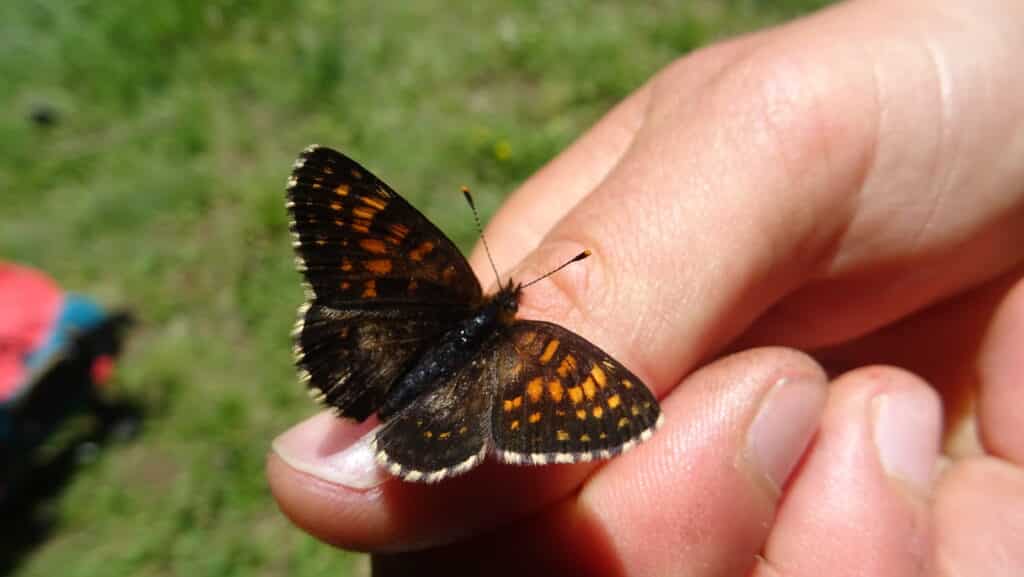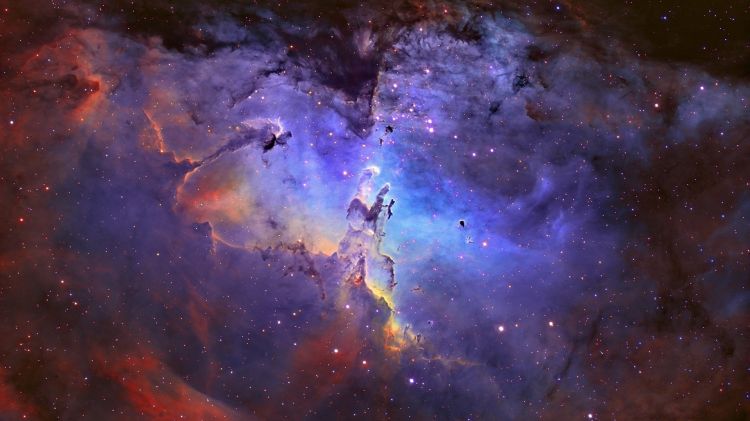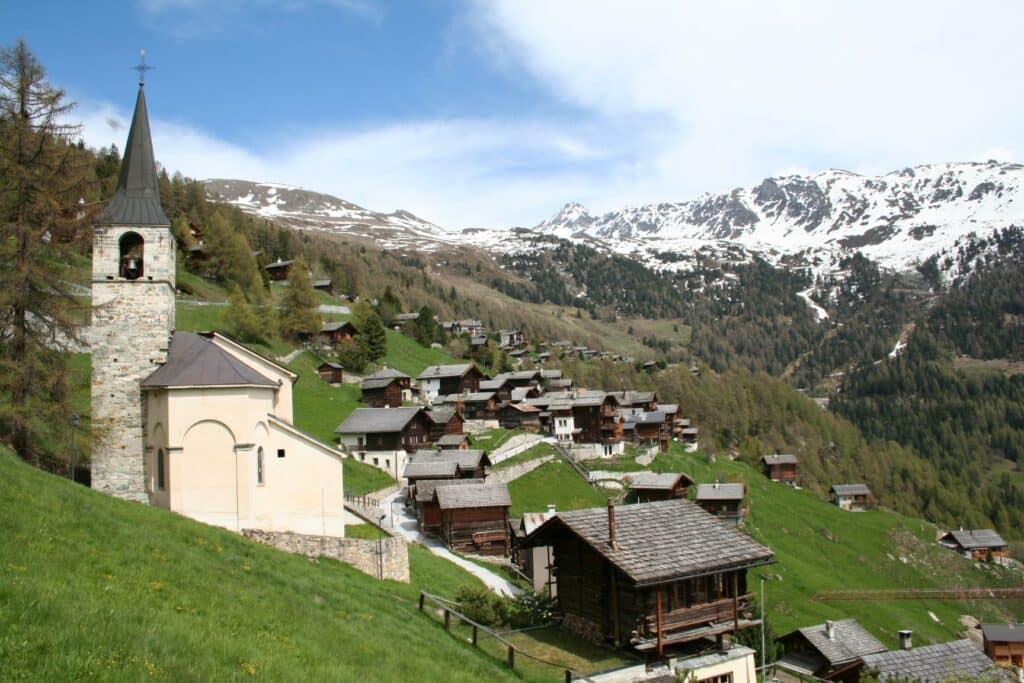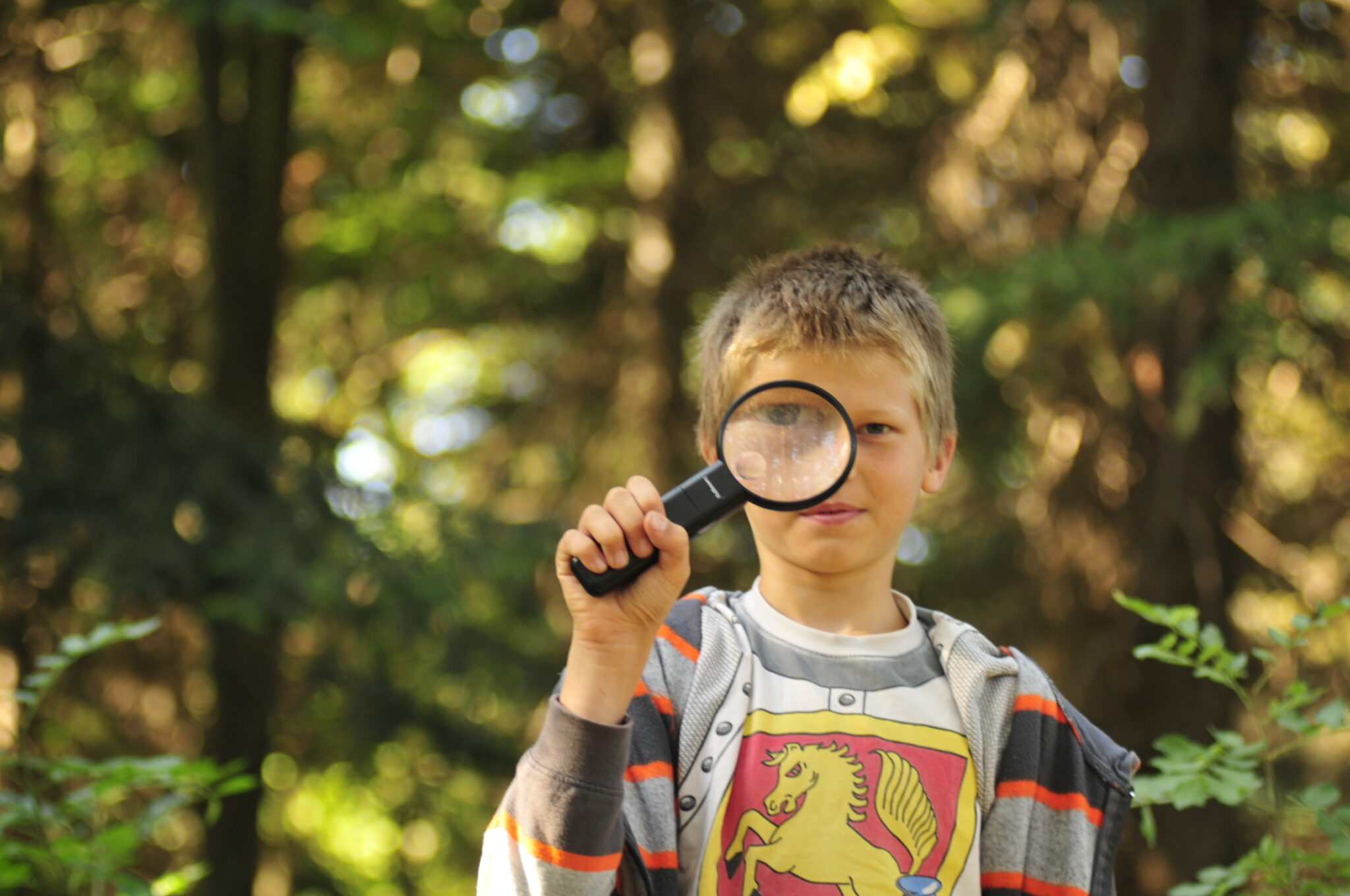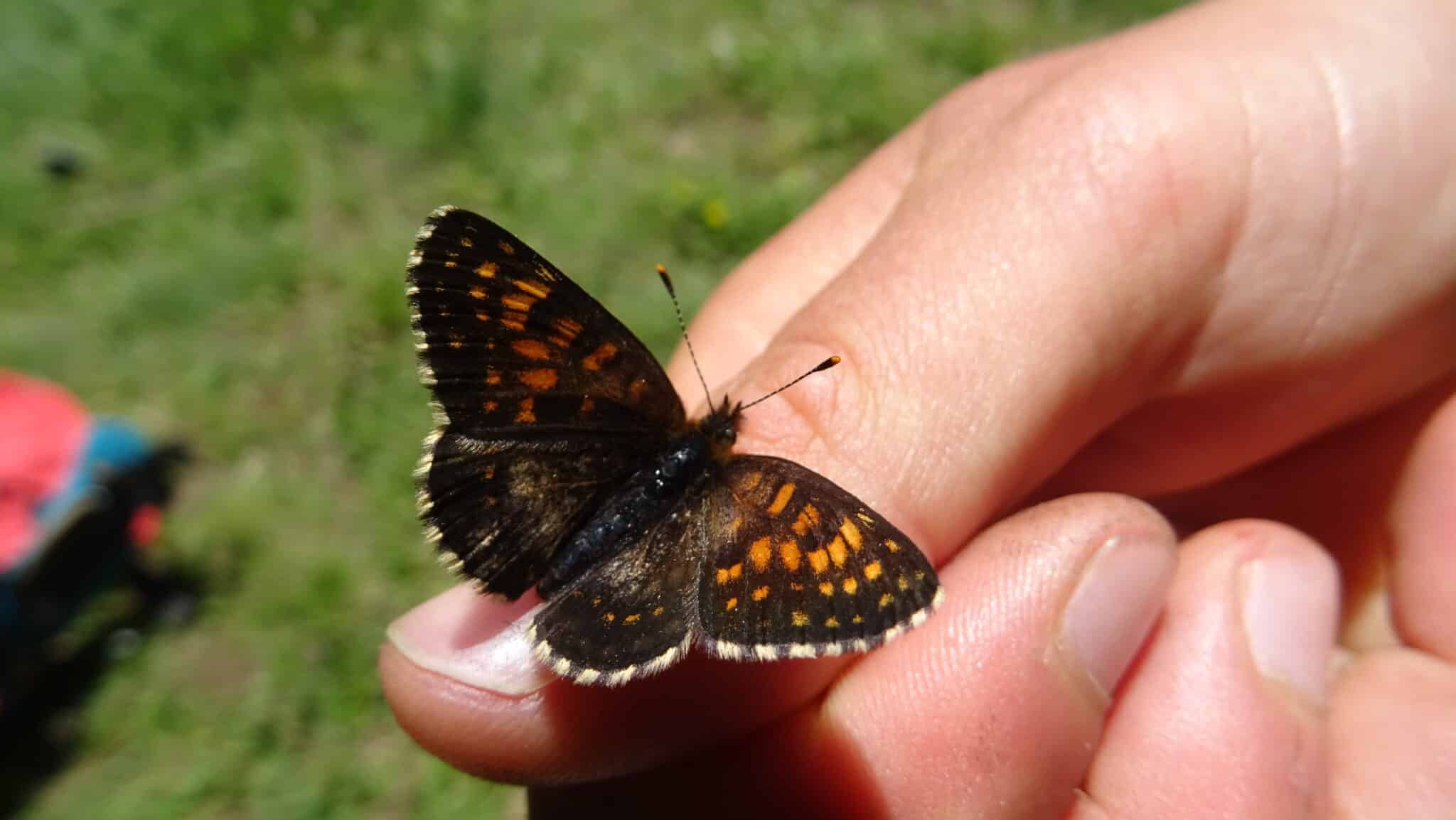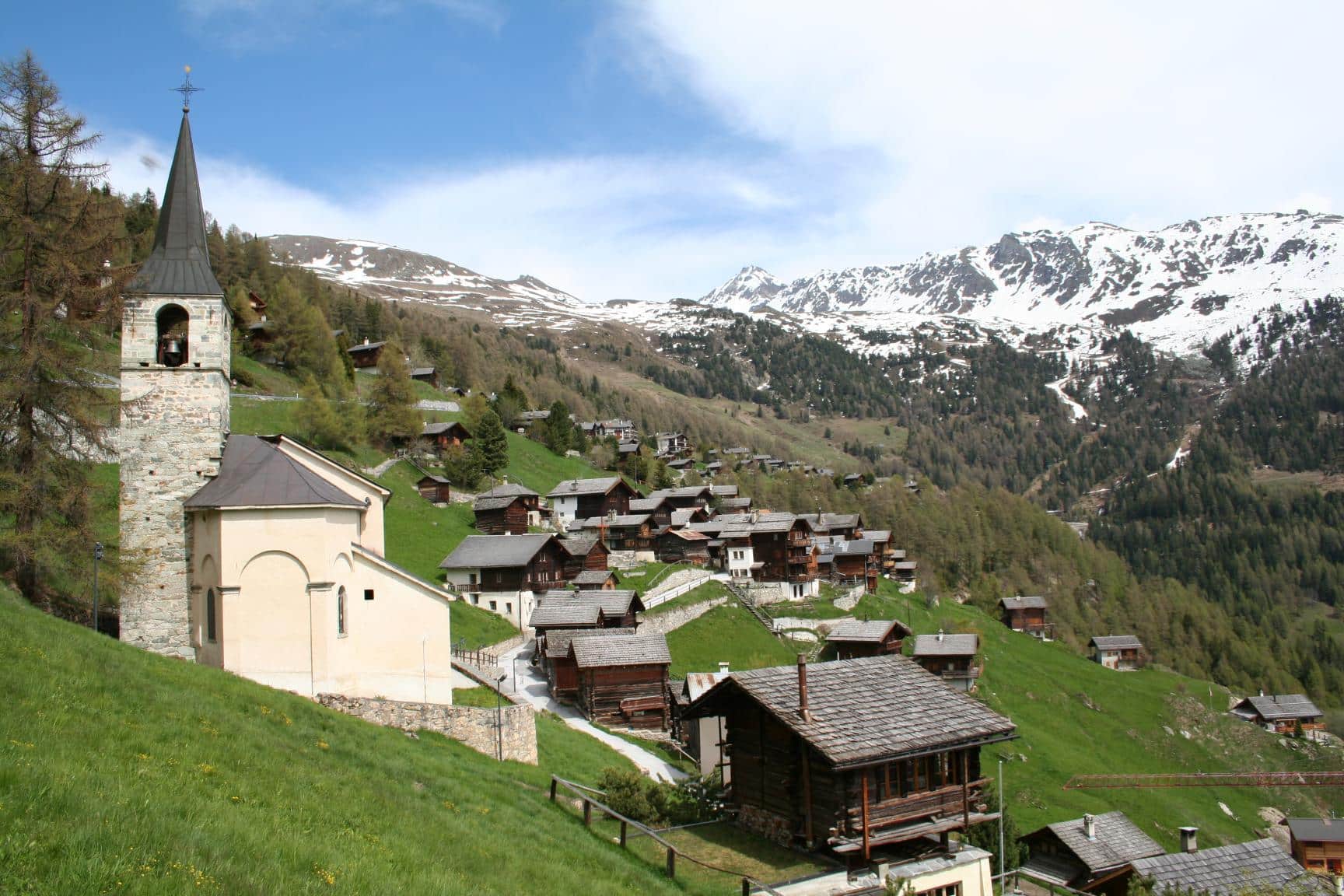Même les adolescents et les enfants non accompagnés peuvent participer à des projets de recherche. Sous la forme de camps ou colonies de vacances apprenantes, notre ONG partenaire OSI propose aux plus jeunes des séjours de sciences participatives dans différents domaines : biodiversité, astronomie, techniques, chimie, biologie…
Encadrés par des éducateurs scientifiques formés à l’exercice, ces colos favorisent l’éveil et le développement du raisonnement scientifique dans des milieux naturels inspirants. Grâce à une pédagogie innovante, l’encadrement privilégie l’apprentissage des sciences par l’immersion et la pratique. Les jeunes s’impliquent sur des projets de recherche réels de façon ludiques. Ils apprennent sans s’en rendre compte ! Résultat, leurs apprentissages sont étonnants ! Aucun niveau pré requis n’est nécessaire pour participer. Pas besoin non plus d’aimer l’école. Il s’agit avant tout de vacances ! Les éducateurs scientifiques ont tous été formés par l’ONG partenaire. Ils sont à la fois scientifiques et animateurs. Sur les séjours, il y a 1 éducateur pour 6 participants.
Camp scientifique : en quête de biodiversité au pays du loup
Au coeur des montagnes Suisses dans le Val d’Anniviers, viens étudier la biodiversité sur un territoire où le loup a fait son retour. Dans la peau d’un naturaliste, tu passeras la montagne au peigne fin pour observer des papillons, des oiseaux, des plantes, des papillons…
Tu participeras à un vrai programme de recherche : la première étude européenne sur les conséquences du retour du loup sur l’ensemble de la biodiversité ! En effet, les Alpes voient actuellement le retour de deux grands prédateurs : le loup et le lynx. Deux espèces qualifiées de « clé de voûte » en raison de l’importance de leur rôle dans les écosystèmes.
A l’école de la nature
Il est probable que ce retour s’accompagne de changements dans les populations de leurs proies (cerfs, chevreuils, chamois…) ainsi que dans la gestion des troupeaux des alpages. En revanche, les conséquences de ce retour sur la biodiversité des Alpes est moins connue. Le retour du loup est-il un bienfait pour la biodiversité comme l’assurent leurs défenseurs ? Ou va-t-il au contraire s’accompagner d’une disparition de certaines espèces comme le prétendent les opposants au retour du loup ? Durant ce séjour, tu apprendras à identifier les papillons, les oiseaux, à dénicher les serpents le jour et à attirer le lynx la nuit. Tu suivras une vraie école d’apprentissage de la Nature, avec des naturalistes de terrain.
Cette colonie de vacances scientifiques pour enfants et adolescents se déroule dans le village montagnard de Chandolin. Tu seras hébergé à l’auberge Les Choucas.
Dates et tarifs
- 1 semaine 1589 € (déduction fiscale possible*)
- 2 semaines 2999 € (déduction fiscale possible*)
- Du 06/07/2024 au 13/07/2025
- Du 07/07/2024 au 20/07/2025 (2 semaines)
- Du 13/07/2024 au 20/07/2025
- Du 13/07/2024 au 27/07/2025 (2 semaines)
- Du 20/07/2024 au 27/07/2025
- Du 27/07/2024 au 03/08/2025
- Du 27/07/2024 au 10/08/2025 (2 semaines)
Colonie scientifique sur la chimie et la biologie du lac Léman
Sillonne le lac Léman, en Suisse, en aviron et à la voile pour récupérer des échantillons d’eau et les analyser dans un laboratoire de recherche.
Dans le Léman, un poisson mythique, le corégone, voit sa population diminuer… Pourquoi ? C’est la question à laquelle il faut répondre. Pour cela, il faut analyser l’eau du lac Léman et de ses affluents. Tu feras plusieurs prélèvements d’eau avec du matériel professionnel avant d’analyser les échantillons récupérés dans un laboratoire. Tu apprendras à chercher la quantité de nitrate, d’ammonium et de phosphate dans l’eau, ainsi qu’à compter les différents types de plastiques récoltés, avec une loupe binoculaire. Tu feras les analyses dans une salle du laboratoire de l’aquarium de Lausanne Aquatis. C’est le plus grand aquarium d’eau douce d’Europe ! Un musée vivant comportant un aquarium et un vivarium.
Pour pouvoir récupérer ces échantillons d’eau à différents endroits du lac, il te faudra aussi apprendre à naviguer… C’est pour cela que tu sera initié à la voile et à l’aviron
- Hébergement au camping de Vidy au bord du lac Léman.
- Le séjour scientifique peut se réserver avec ou sans hébergement
Dates et tarifs
- Sans hébergement : 1 480 € (déduction fiscale possible*)
- Avec hébergement : 1 680 € (déduction fiscale possible*)
- Du 06/07/2025 au 13/07/2025
Recherche des reptiles marins du crétacé dans la Drôme
Tente l’aventure du séjour scientifique en paléontologie. Objectif : recherche de reptiles marins dans la Drôme provençale. Le métier de paléontologue te fait rêver ? Tu voudrais en savoir plus sur les fossiles, ces traces de vie qui datent de plusieurs millions d’années ? Le camp scientifique sur les reptiles marins du crétacé t’attend ! Tu apprendras le métier de paléontologue sur le terrain et dans un labo. Tu découvriras comment te repérer dans la nature à l’aide de cartes géologiques pour découvrir de nouveaux affleurements fossilifères. Tu participeras à l’extraction, au référencement, au nettoyage et à l’identification d’indices de présence de grands vertébrés marins. Tu pourras en savoir un peu plus sur leur mode de vie et déterminer les conditions de leur disparition. Toutes ces étapes nécessitent l’acquisition de nombreuses techniques que se soit sur le terrain ou au laboratoire (GPS, micro-burineur, fraiseuse, sableuse… loupe binoculaire, informatique, SIG…)
- Logement au centre de vacances Musiflore se situe dans la Drôme provençale, entre la petite ville de Dieulefit et le village de Bourdeaux
Dates et Tarifs
- 1 semaine 1499 € (déduction fiscale possible*)
- 2 semaines 2699 € (déduction fiscale possible*)
De 7 à 12 ans
- Du 06/07/2025 au 13/07/2025
- Du 06/07/2025 au 29/07/2025 (2 semaines)
- Du 13/07/2025 au 20/07/2025
- Du 20/07/2025 au 27/07/2025
- Du 27/07/2025 au 03/08/2025
- Du 27/07/2025 au 10/08/2025 (2 semaines)
- Du 03/08/2025 au 08/08/2025
- Du 03/08/2025 au 17/08/2025 (2 semaines)
- Du 10/08/2025 au 17/08/2025
- Du 19/08/2025 au 26/08/2025
De 13 à 17 ans
- Du 19/10/2025 au 26/10/2025
De 7 à 17 ans
- Du 12/04/2025 au 19/04/2025
La robotique au service de la science et du développement durable
Dans les domaines de la santé, de l’industrie, du domestique et même de l’environnement, les robots nous simplifient la vie. Avec le séjour scientifique sur le thème de la robotique, tu apprendras à construire ton propre robot et à le programmer ! De nombreux projets pour la préservation de la biodiversité utilisent aujourd’hui la robotique, notamment pour collecter des données dans des zones inaccessibles. L’étude de la faune sauvage a besoin de pièges à caméras, de drones et de véhicules autonome. Lors de ce camp scientifique, tu fabriqueras des objets utiles pour différents projets de l’ONG.
Immersion technologique et fabrication de robots
Ce séjour est adapté à l’âge des participants. Les plus jeunes enfants pourront s’immerger dans l’univers des nouvelles technologies, pendant que les plus âgés se familiariseront avec la pensée algorithmique. Les adolescents fabriqueront des objets techniques comme des anémomètres, des sonars à ultrason, des véhicules autonomes à partir d’un châssis générique pour des voitures télécommandées… Après la présentation des projets de recherche auxquels les jeunes pourront contribuer, des groupes seront formés en fonction des préférences et besoins chacun : Programmation et contrôle des fonctions de votre robot ; Élaboration des besoins et solutions pour des améliorations ; Modélisation et fabrication de nouvelles fonctions ; Tests en situation réelle des systèmes complexes.
- Logement au centre de vacances Musiflore qui se situe dans la Drôme provençale
Dates et tarifs
- 2 semaines : 2699 € (déduction fiscale possible*)
- 1 semaine : 1499 € (déduction fiscale possible*)
- DU 10/08/2025 au 17/08/2025
- Du 10/08/2025 au 24/08/2025
- Du 17/08/2025 au 24/08/2025
Star finders : séjour astronomie dans le Val d’Anniviers
Le ciel et les étoiles te passionnent ? Tu voudrais percer les mystères de l’univers ? Part à la découverte du cosmos lors d’un camp scientifique dans le Val d’Anniviers en Suisse. Grâce au séjour Stars Finders. Lors de cette colonie de vacances, tu apprendras à observer le ciel, manipuler les télescopes et les bases de l’astrophotographie. En fonction de l’âge et du niveau de chacun en astronomie, deux groupes seront formés, l’un se privilégiera la découverte et l’initiation, l’autre approfondira se focalisera sur la détection d’exo planètes. Les enfants du groupe découverte apprendront à reconnaître les constellations et l’étoile polaire. Ils seront initiés au maniement du télescope. Ils comprendront comment se sont formés les différents objets de l’univers, ce qu’est une exoplanète…
Détection d’exo planètes
Ceux du groupe approfondissement, participeront au projet de recherche scientifique en utilisant la technique de la photométrie pour la détection d’exoplanètes. Ils apprendront ce qu’est une exoplanète et ses méthodes de détection, avant d’être formés aux bases de la photométrie, à savoir la détection de la luminosité d’une étoile, grâce à une caméra branchée sur un télescope. Les exo planètes détectées seront répertoriées dans le cadre du programme Exoplanet Transit Database, programme qui cherche à répondre aux questions : à quoi ressemblent les exo planètes ? Quelles sont les chances de trouver un système similaire au système solaire ? Sommes-nous seuls dans l’univers ?
- Ce séjour est en collaboration avec l’Observatoire Astronomique François Xavier Bagnoud de Saint Luc.
- Hébergement dans le val d’Anniviers à l’auberge Les Choucas, avec une nuit en bivouac.
Dates et Tarifs
- 1 semaine 1589 € (déduction fiscale possible*)
- 2 semaines 2999 € (déduction fiscale possible*)
- Du 06/07/2025 au 13/07/2025
- Du 06/07/2025 au 20/07/2025 (2 semaines)
- Du 13/07/2025 au 20/07/2025
- Du 13/07/2025 au 27/07/2025 (2 semaines)
- Du 20/07/2025 au 27/07/2025
- Du 20/07/2025 au 03/08/2025
- Du 27/07/2025 au 03/08/2025
- Du 27/07/2025 au 10/08/2025 (2 semaines)
- Du 3/08/2025 au 10/08/2025
Toutes les vacances scientifiques pour les enfants et les adolescents de notre partenaire ne sont pas présentées ici. N’hésitez pas à demander à l’ONG partenaire les autres camps scientifiques qu’elle peut vous proposer lorsque vous la contacterez.
Déduction fiscale *
L’ONG partenaire Objectif Sciences international est reconnue pour le caractère qualitatif, utile, solidaire et éducatif de ses séjours et formations dédiés à la résolution des objectifs du développement durable. L’ONG fonctionne sur le principe du don-action. Une personne fait un don et participe à une action de l’ONG. A noter que la personne qui fait le don peut être différente de celle qui agit. A ce titre, le coût de la formation ou du séjour scientifique est déductible des impôts à hauteur de 66 % en France .

L’ONG partenaire
L’ONG partenaire Objectif Sciences international a le Statut Consultatif Spécial auprès de l’ONU (ECOSOC) et est Membre de l’AAAS Science and Human Rights Coalition. Spécialisée dans les séjours scientifiques, la science et la recherche participative, l’ONG considère que l’éducation est le moteur des Objectifs du développement durable. Elle propose différents séjours en science participative, pour les adultes et les mineurs. Tous les programmes OSI ici

